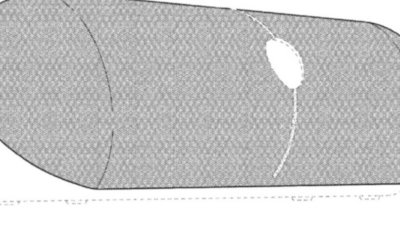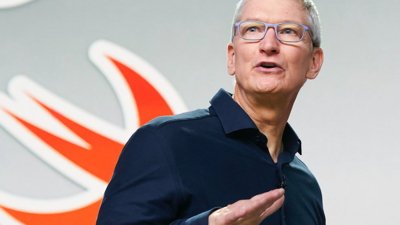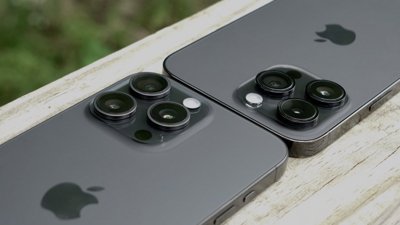Google to acquire Motorola Mobility for $12.5 billion
The company announced the planned acquisition, pending regulatory approval,and said the combination of the two companies will "supercharge Android, enhance competition, and offer wonderful user experiences."
"Motorola Mobility’s total commitment to Android has created a natural fit for our two companies," Google CEO Larry Page said. "Together, we will create amazing user experiences that supercharge the entire Android ecosystem for the benefit of consumers, partners and developers. I look forward to welcoming Motorolans to our family of Googlers."
The sale price of $12.5 billion amounts to about $40 per share in cash, or a premium of 63 percent over the closing price of Motorola shares on Friday, Aug. 12. The boards of directors of both companies unanimously approved the pending deal.
"This transaction offers significant value for Motorola Mobility's stockholders and provides compelling new opportunities for our employees, customers, and partners around the world," said Sanjay Jha, CEO of Motorola Mobility.
"We have shared a productive partnership with Google to advance the Android platform, and now through this combination we will be able to do even more to innovate and deliver outstanding mobility solutions across our mobile devices and home businesses."
Google said it will continue to run Motorola Mobility as a separate business. The company will remain a licensee of Android, and its mobile operating system will "remain open."
The deal must receive regulatory approval in the U.S., Europe and other regions. The transaction is expected to be finalized by the end of 2011 or early 2012.
"We expect that this combination will enable us to break new ground for the Android ecosystem," said Andy Rubin, senior vice president of mobile at Google. "However, our vision for Android is unchanged and Google remains firmly committed to Android as an open platform and a vibrant open source community. We will continue to work with all of our valued Android partners to develop and distribute innovative Android-powered devices."
 AppleInsider Staff
AppleInsider Staff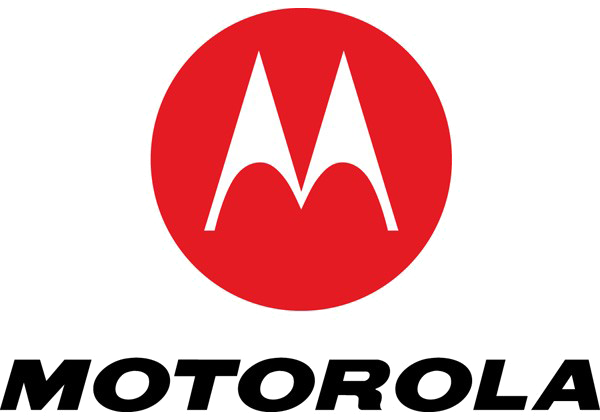


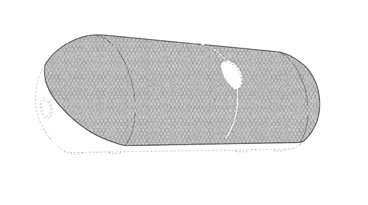







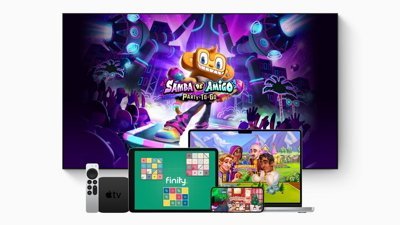
 William Gallagher
William Gallagher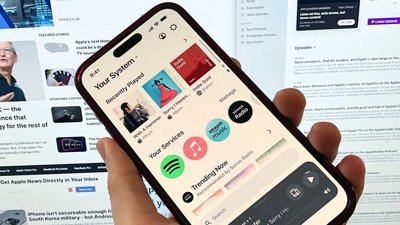
 Malcolm Owen
Malcolm Owen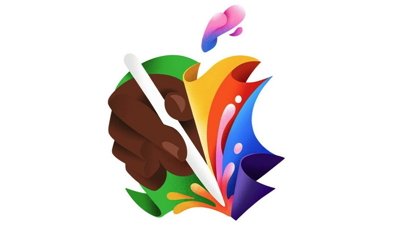
 Mike Wuerthele
Mike Wuerthele